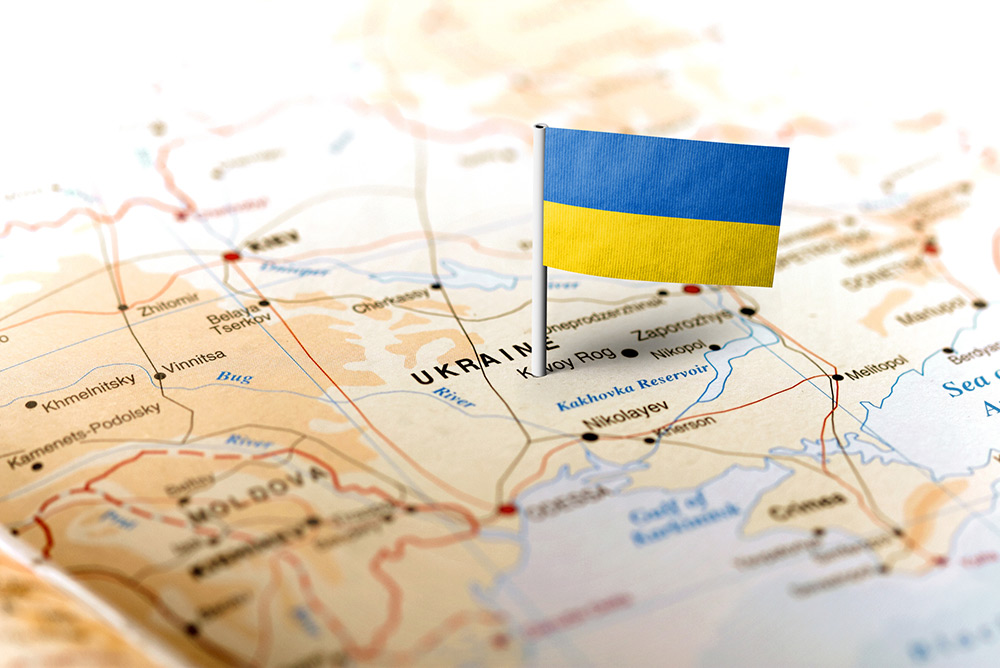
We have all been through unusual times lately, with COVID-19 since 2020, rising inflation and now conflict in Ukraine. These – and other – events are having knock-on effects onto the wider economy and markets. Under “normal” times, the “invest vs overpay mortgage” debate is an interesting one – but has this new landscape changed things? Below, we address this question in light of recent trends and developments.
Putting excess cash to work
Interest rates on cash savings accounts have been at historic lows for some time now. It is hard to beat 1% on easy-access, for instance. Those with spare cash, therefore, typically have two other options: repay debts or invest. The first is almost always worth prioritising if the debt has a high interest rate, such as personal loans and credit cards. However, with a mortgage, it is not always clear whether the savings you’d make from overpaying would beat the returns you could get from investing. Here, you need to factor in the prevailing economic environment.
Overpaying vs. investing in 2022
The main incentive to overpaying your mortgage is that you repay the debt faster, meaning that you can own your home outright, faster. If this is your primary goal (rather than building wealth), then this is understandable. For those whose main objective is to grow their wealth, however, the question of overpaying vs investing relies heavily on interest rates and inflation.
In recent years, mortgage rates have been historically very low. In fact, in 2021 some lenders were even offering sub-1% deals to certain customers. This means less interest for borrowers to repay over the mortgage lifetime. Overpaying on such a deal would likely be far less optimal compared to investing, where annual average real returns of 5% – or more – should be realistic.
Lately however, mortgage deals have been getting more expensive. This is mainly due to the Bank of England (BoE) raising its base rate, twice (from 0.10% to 0.25% in late 2021, then up to 0.5% in early 2022 and more recently up to 0.75%). Since lenders set their rates above the base rate, this has already led to several deals getting pulled from the market.
The average 2-year fixed loan now sits at 2.65%. For a 5-year deal, the interest sits closer to 2.88%. For many investors, it may now be more of a toss-up between overpaying the mortgage and investing – especially for those with a more cautious risk appetite (leading to a preference for assets with a relatively safe, but low, level of return – like bonds).
Wider questions to consider
Here, it is important to remember that you do not necessarily have to choose between investing and overpaying a mortgage. It is often possible to do both. Yet it helps to ask yourself: “Why do I want to invest?”, and “Why should I overpay my mortgage?” This can help you shed light on the right course for your financial plan.
First of all, check whether you can overpay your mortgage. Some lenders may not let you, and most put a cap (e.g. 10%) on how much you can overpay. Those on a standard variable rate (SVR) can usually overpay as much as they like, but SVRs are usually more costly than fixed rate deals. Secondly, consider the horizon in front of you. How long do you have to invest until you might need the money (e.g. during retirement)? How many years until your mortgage is paid without making extra payments?
For instance, if you are near your mortgage end, then the advantages of overpaying usually go down. This is because interest forms a lower proportion of your monthly repayments. As a rule, therefore, it is usually better to overpay a mortgage earlier in its lifetime. Moreover, if you only have, say, 5 years to invest, then you may need to focus on lower-risk assets which offer lower potential returns.
Invitation
Interested in finding out how we can optimise your financial plan and investment strategy? Get in touch today to arrange a free, no-commitment consultation with a member of our team here at WMM.
You can call us on 01869 331469
This content is for information and inspiration purposes only. It should not be taken as financial or investment advice. To receive personalised, regulated financial advice regarding your affairs please consult us here at WMM (financial planning in Oxfordshire).











Recent Comments